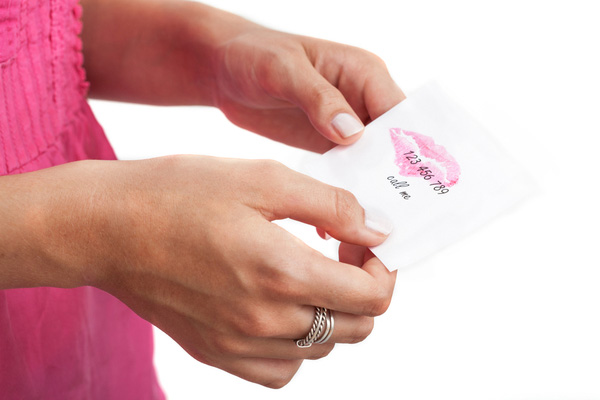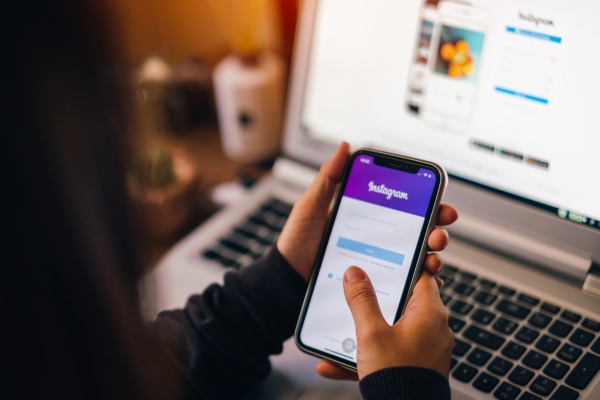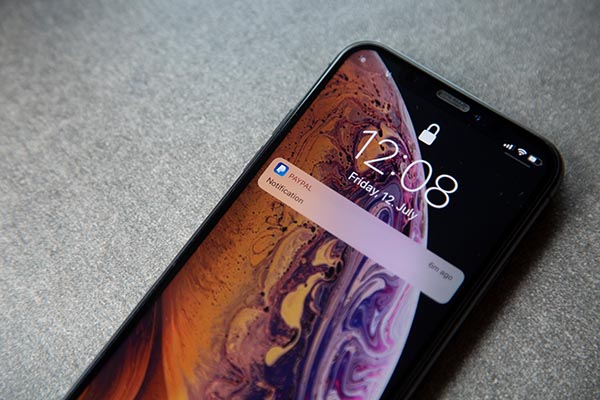How to Get Proof of Cheating: A Guide

Did you know that 40% of unmarried relationships and 25% of marriages see at least one incident of infidelity? This startling statistic from the American Association for Marriage and Family Therapy highlights how common cheating is. But how can you confirm your suspicions if you think you’re part of this statistic? Let’s explore some methods to uncover the truth.
The Digital Trail
In our connected world, digital evidence often holds the key to uncovering infidelity.

1. Social Media Investigation
Start by examining your partner’s social media activity. Look for:
- New connections, especially those hidden from you
- Increased activity with specific individuals
- Changes in privacy settings
2. Phone Records
Scrutinize phone bills for:
- Frequent calls to unknown numbers
- Text messages at odd hours
- Unexplained data usage spikes
The Spynger Solution
For those seeking a more comprehensive approach, apps like Spynger offer a way to monitor phone activities. These tools can track calls, messages, and location data. However, it’s crucial to use such technology responsibly and within legal boundaries.
The Paper Trail
Sometimes, old-fashioned detective work can yield results.

3. Financial Records
Check for:
- Unexplained expenses or withdrawals
- New credit card statements
- Hidden bank accounts
4. Receipts and Tickets
Look for:
- Hotel receipts
- Unexplained travel tickets
- Restaurant bills for meals you didn’t share
The Physical Evidence
Tangible proof can be the most convincing.

5. Suspicious Items
Keep an eye out for:
- Unfamiliar clothing or accessories
- Unexplained gifts
- Hotel key cards or matchboxes
6. Vehicle Clues
Check your partner’s car for:
- Unusual mileage
- Unfamiliar items left behind
- Seats or mirrors adjusted differently
The DNA Factor
In extreme cases, some people turn to DNA testing. Items like bed sheets or undergarments can be tested for foreign DNA. However, this method is invasive and should be a last resort.
The Behavioral Shifts
Often, a cheating partner’s behavior can provide crucial clues.

7. Changed Routines
Notice if your partner:
- Works late more often
- Has new, unexplained hobbies
- Takes more business trips than usual
8. Emotional Distance
Watch for:
- Decreased intimacy
- Lack of communication
- Sudden mood swings
The Professional Touch
Sometimes, it’s best to leave it to the experts.

9. Private Investigators
These professionals can:
- Conduct surveillance
- Gather photographic evidence
- Provide detailed reports of your partner’s activities
10. Forensic Experts
In cases involving digital devices, forensic experts can:
- Recover deleted data
- Analyze online activities
- Uncover hidden accounts or messages
The Legal Angle
Before hiring professionals, consult with a lawyer. Laws regarding surveillance and privacy vary by location, and you’ll want to ensure any evidence gathered is legally admissible if needed.
The Confrontation Strategy
Sometimes, the direct approach yields results.

11. The Surprise Visit
Show up unexpectedly at your partner’s workplace or claimed location. Their reaction can be telling.
12. The Bluff
Pretend you already know about the affair and observe their response. A guilty party might confess or provide incriminating details.
The Technology Trap
In our digital age, technology often holds the key to uncovering infidelity.

13. GPS Tracking
Some people use GPS trackers to monitor their partner’s movements. However, this method raises serious privacy concerns and may be illegal in some jurisdictions.
14. Hidden Cameras
While extreme, some individuals resort to hidden cameras. This method is highly invasive and often illegal without consent.
The Emotional Impact
Seeking proof of cheating can take a toll on your mental health.

15. Self-Care
Throughout this process, prioritize your well-being:
- Seek support from trusted friends or family
- Consider talking to a therapist
- Engage in stress-reducing activities
16. Prepare for Outcomes
Be mentally prepared for what you might discover:
- If you find proof, have a plan for next steps
- If you don’t find evidence, consider how to rebuild trust
The Communication Approach
Sometimes, the best way to get proof is through open dialogue.

17. Honest Conversation
Express your concerns to your partner:
- Use “I” statements to avoid sounding accusatory
- Give them a chance to explain
- Watch for inconsistencies in their story
18. Couples Counseling
A professional can help facilitate difficult conversations and uncover underlying issues.
The Trust Rebuilding Process
According to a study published in the Journal of Marital and Family Therapy, about 31% of marriages survive after the discovery of infidelity. If you choose to work on your relationship, professional help can be invaluable.
Moving Forward
Regardless of what you discover, remember that you have options.
If You Find Proof:
- Decide if you want to confront your partner
- Consider seeking legal advice
- Evaluate whether you want to work on the relationship or move on
If You Don’t Find Proof:
- Reflect on the source of your suspicions
- Work on rebuilding trust in your relationship
- Consider individual or couples therapy to address underlying issues
Conclusion
In conclusion, while there are many ways to get proof of cheating, it’s crucial to approach this sensitive issue with caution. The methods you choose can have significant legal, ethical, and emotional implications. Always prioritize your well-being and consider the potential consequences of your actions.
Remember, the goal isn’t just to uncover infidelity, but to address the underlying issues in your relationship. Whether you find proof or not, open communication and professional help can guide you towards healing and making informed decisions about your future.
Ultimately, trust and honesty are the cornerstones of any healthy relationship. If you find yourself constantly seeking proof of your partner’s fidelity, it might be time to reevaluate the foundation of your relationship and work towards building a stronger, more trusting bond.






